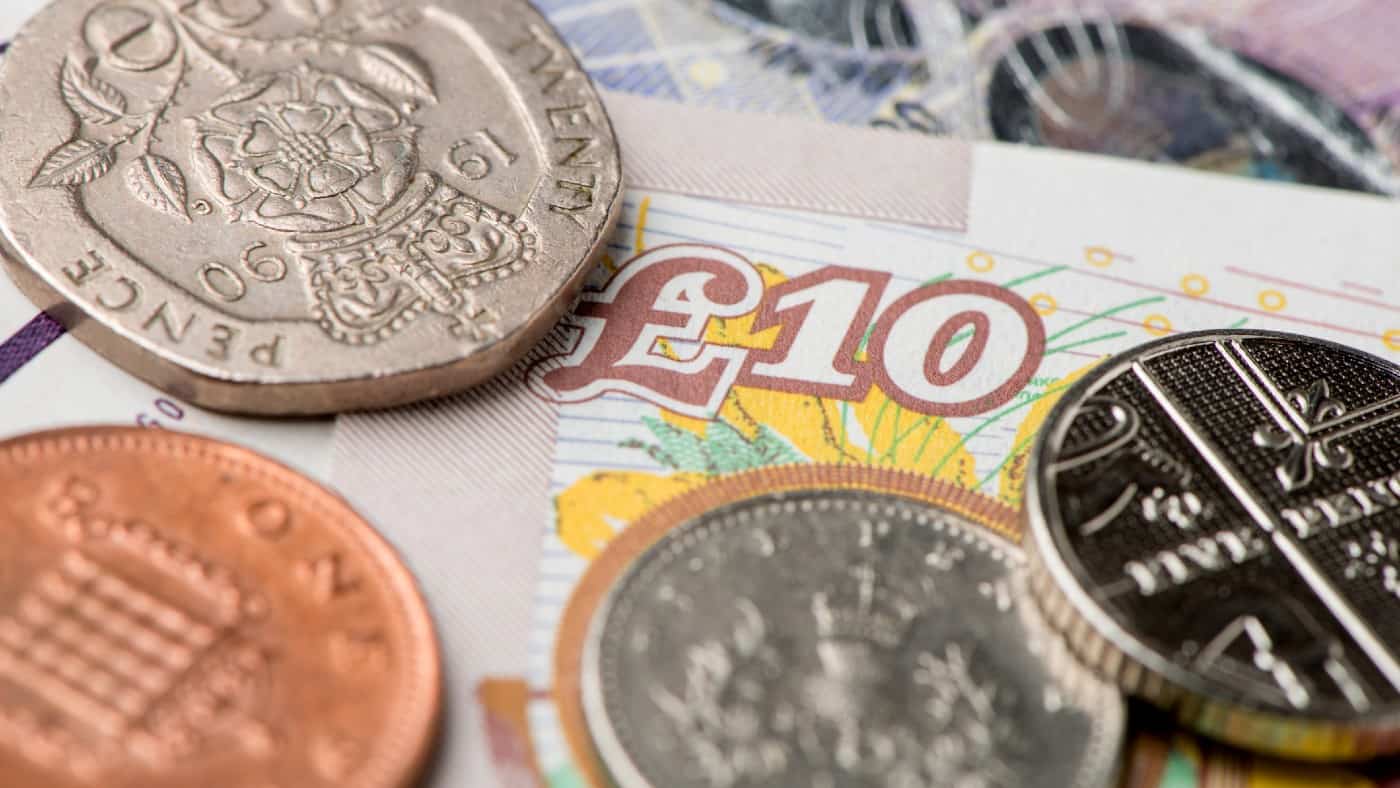Key points
- The firm will likely benefit from a hike in interest rates
- In the 2021 calendar year, pre-tax losses narrowed from £311m to £245m
- It sold its residential mortgage segment to NatWest in February 2021 for around £3bn
Metro Bank (LSE:MTRO) has seen a volatile share price in the past year. The high street retail and commercial bank, which was founded in 2010, saw its price falling 36% over the past year. And it’s down 20% in the past month. It currently trades at 80p. With this recent price movement, I want to know if I should be buying shares in the company to add to my long-term portfolio. Let’s take a closer look.
Interest rates and other factors
Given that interest rates are important for Metro Bank’s revenue, because it’s a lender, it makes sense to briefly look at their impact. For the last 15 years, interest rates have never exceeded 6%. In fact, they fell to just 0.1% when the Covid-19 pandemic hit the economy.
The Bank of England recently raised rates to 0.5% and this may increase further in the near future, even though they remain well below that 6% figure. More interest rate hikes would tend to positively impact the Metro Bank share price. In addition, RBC analysts recently said they expect the firm to break even by 2023 at the earliest.
Metro Bank was the centre of an accounting scandal in 2019. This has been a grey cloud over the share price in recent years but finally concluded in December 2021. It was forced to pay a fine of £5.38m to the Prudential Regulation Authority, the UK financial services regulatory body. With this issue now resolved, I would feel more comfortable buying shares.
Recent results and the Metro Bank share price
The company’s historical revenue progression is rather solid. Between the 2017 and 2021 calendar years, revenue grew from £293m to £418m. Furthermore, in the annual results for the 2021 calendar year, underlying revenue increased 17% from 2020.
In addition, pre-tax losses narrowed from £311m to £245m. This has all been a result of cost-cutting efforts by management. That includes closing some of its 78 branches. It also sold its residential mortgage segment to NatWest in February 2021 for just over £3bn. This is all aimed at creating a platform for further growth in higher-yield lending operations. It’s worth noting, however, that any further Covid-19 lockdown could dent these growth plans.
Furthermore, the cash balance at the 2021 year end was £3.5bn. As a potential investor, it’s heartening to see an increase from £3bn the previous year.
The historical Metro Bank share price makes it easy to see the difficulties the company has faced in recent years. As it builds back its credibility after the accounting scandal, results also appear to be improving. While I won’t be buying today, I won’t rule out a purchase in the future if results continue on the current trajectory.








